To provide the best experiences, we use technologies like cookies to store and/or access device information. Consenting to these technologies will allow us to process data such as browsing behaviour or unique IDs on this site. Not consenting or withdrawing consent, may adversely affect certain features and functions.
The technical storage or access is strictly necessary for the legitimate purpose of enabling the use of a specific service explicitly requested by the subscriber or user, or for the sole purpose of carrying out the transmission of a communication over an electronic communications network.
The technical storage or access is necessary for the legitimate purpose of storing preferences that are not requested by the subscriber or user.
The technical storage or access that is used exclusively for statistical purposes.
The technical storage or access that is used exclusively for anonymous statistical purposes. Without a subpoena, voluntary compliance on the part of your Internet Service Provider, or additional records from a third party, information stored or retrieved for this purpose alone cannot usually be used to identify you.
The technical storage or access is required to create user profiles to send advertising, or to track the user on a website or across several websites for similar marketing purposes.
 Lewis Carroll’s second best known work The Hunting of the Snark is a long nonsense poem that describes the pursuit by a group of adventurers of an elusive creature called a Snark. This turns out to be a much more dangerous Boojum when it is finally seen, causing one of the crew members to vanish. The poem may or may not be an allegory for the pursuit of happiness but it could easily be about our pursuit of anything elusive, imaginary or ephemeral. (more…)
Lewis Carroll’s second best known work The Hunting of the Snark is a long nonsense poem that describes the pursuit by a group of adventurers of an elusive creature called a Snark. This turns out to be a much more dangerous Boojum when it is finally seen, causing one of the crew members to vanish. The poem may or may not be an allegory for the pursuit of happiness but it could easily be about our pursuit of anything elusive, imaginary or ephemeral. (more…)







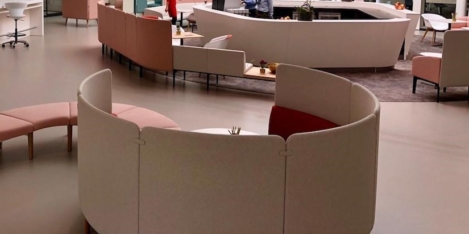
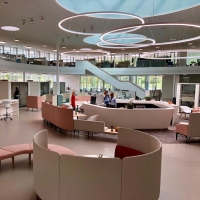 There’s no one-size-fits-all approach to work. Every business will need to test, iterate, and refine approaches depending on their team’s needs. However, after the once in a generation changes in the last year, and all of the talk about the office of the future, setting a digital-first baseline is a key first step. This means embracing a mindset shift to thinking of the physical office not as the HQ, but as just one tool at your organisation’s disposal. The HQ, meanwhile, becomes digital.
There’s no one-size-fits-all approach to work. Every business will need to test, iterate, and refine approaches depending on their team’s needs. However, after the once in a generation changes in the last year, and all of the talk about the office of the future, setting a digital-first baseline is a key first step. This means embracing a mindset shift to thinking of the physical office not as the HQ, but as just one tool at your organisation’s disposal. The HQ, meanwhile, becomes digital. 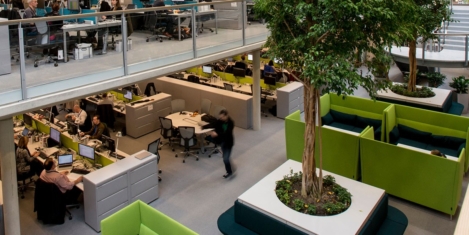
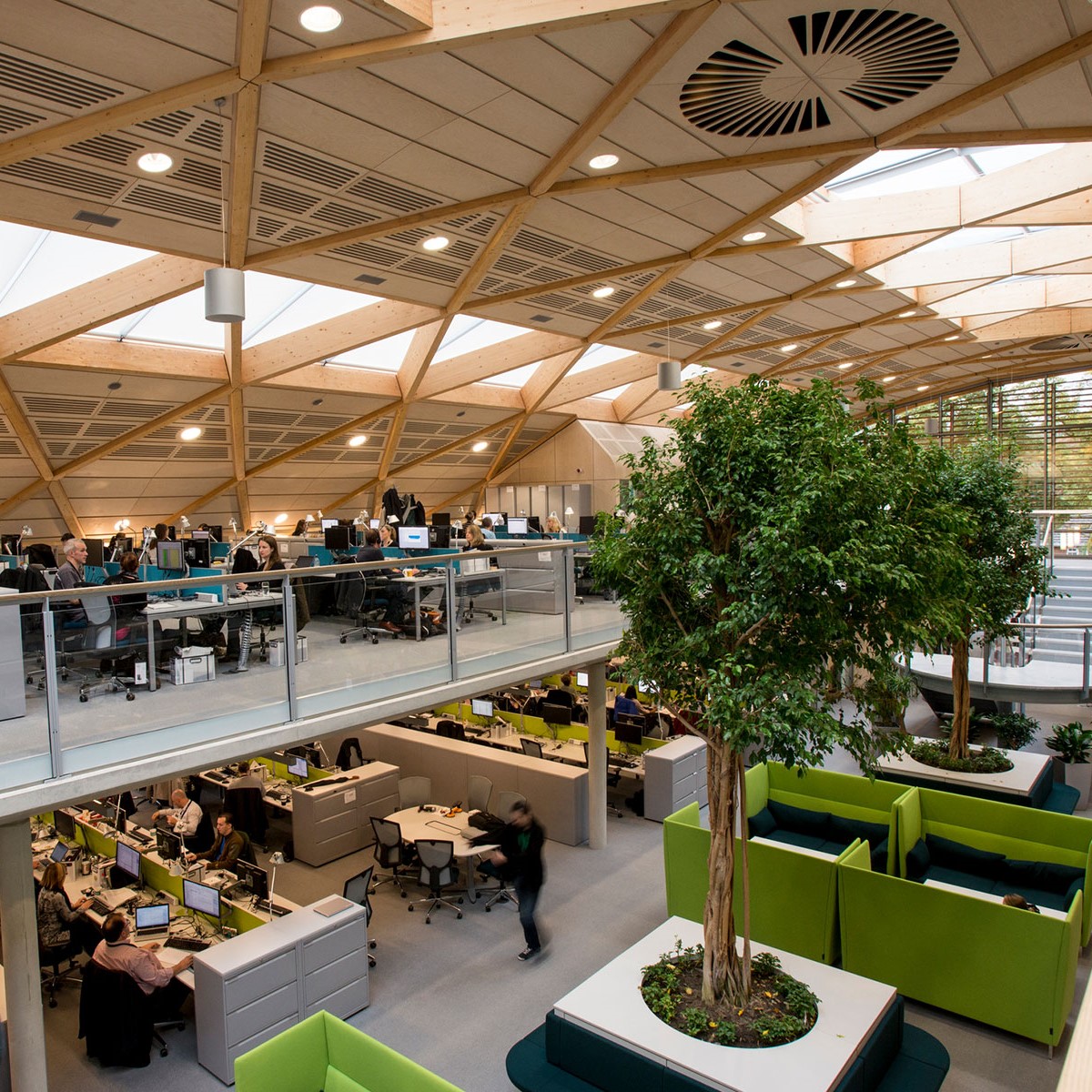
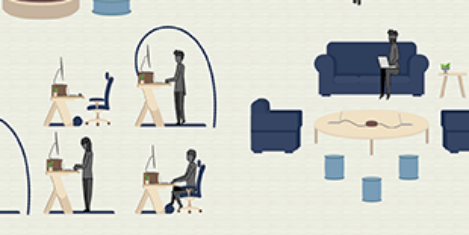
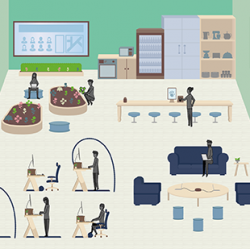



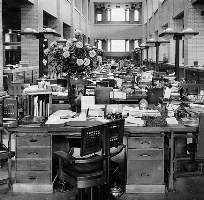
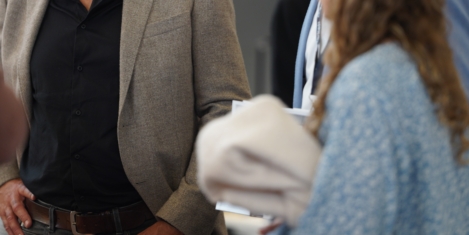
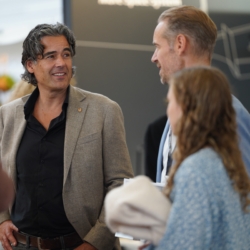


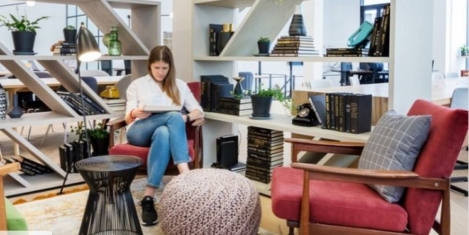
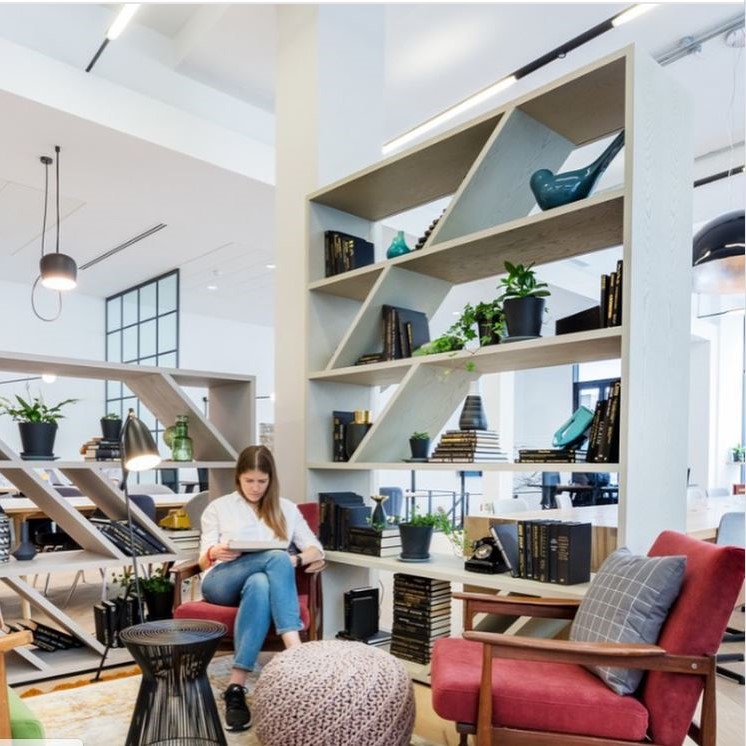
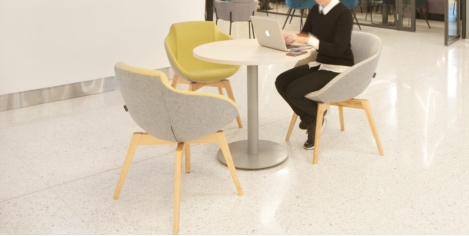
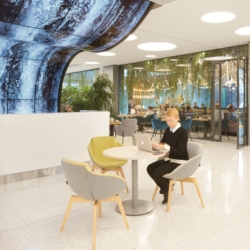








August 14, 2023
What the office of the future will really look like is the office of today
by Mark Eltringham • Comment, Workplace design